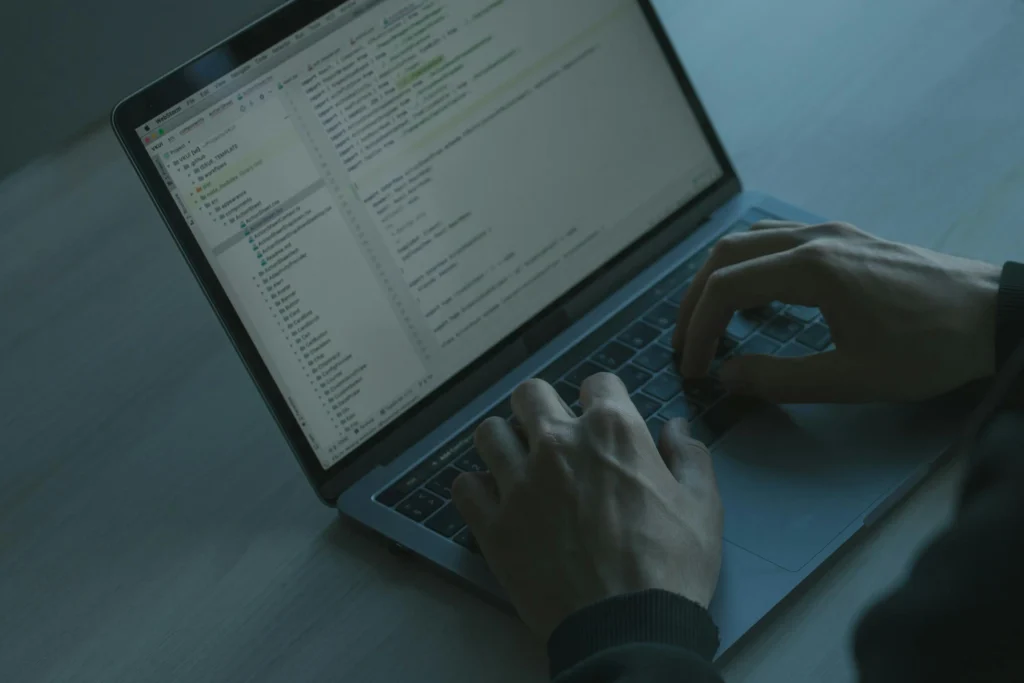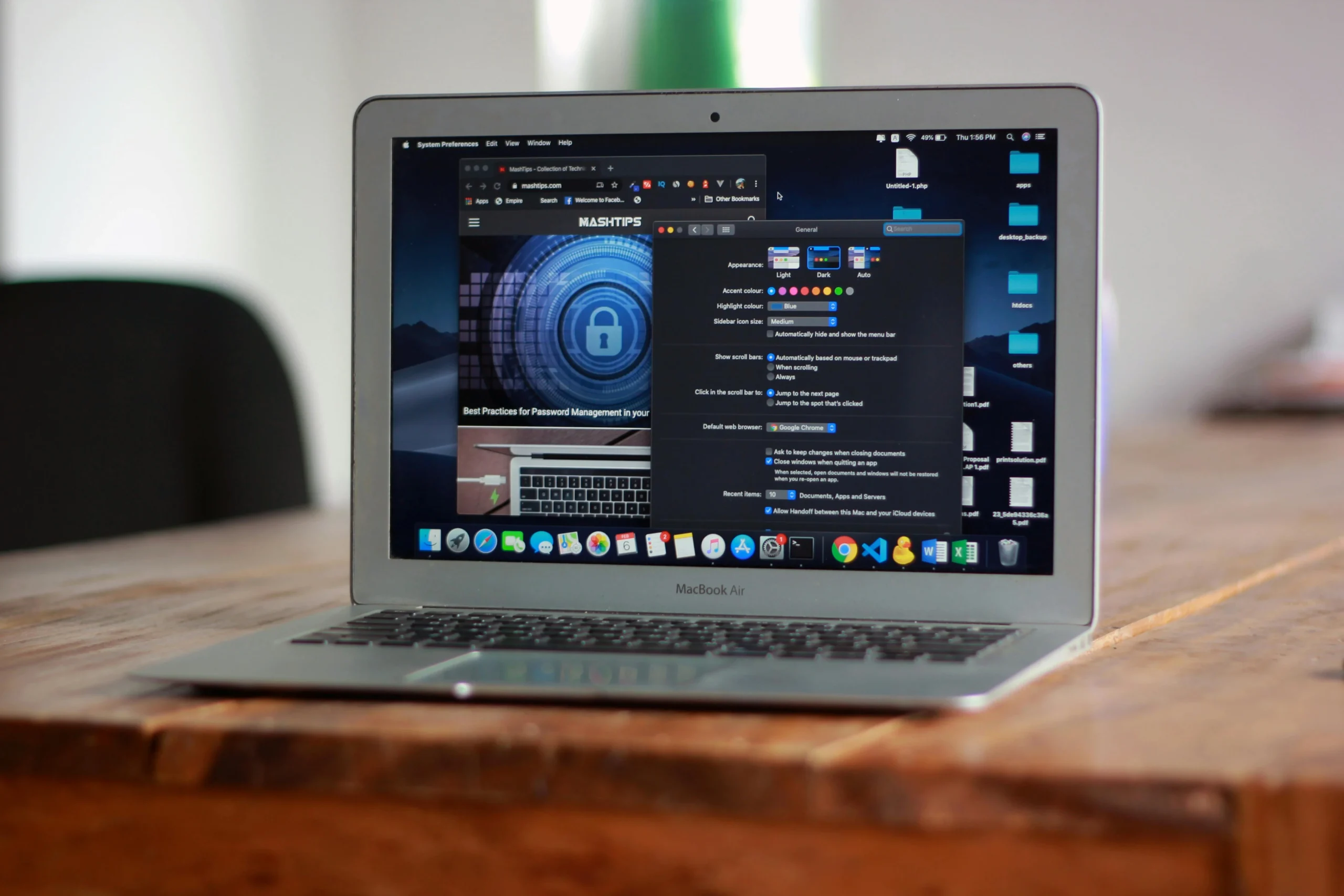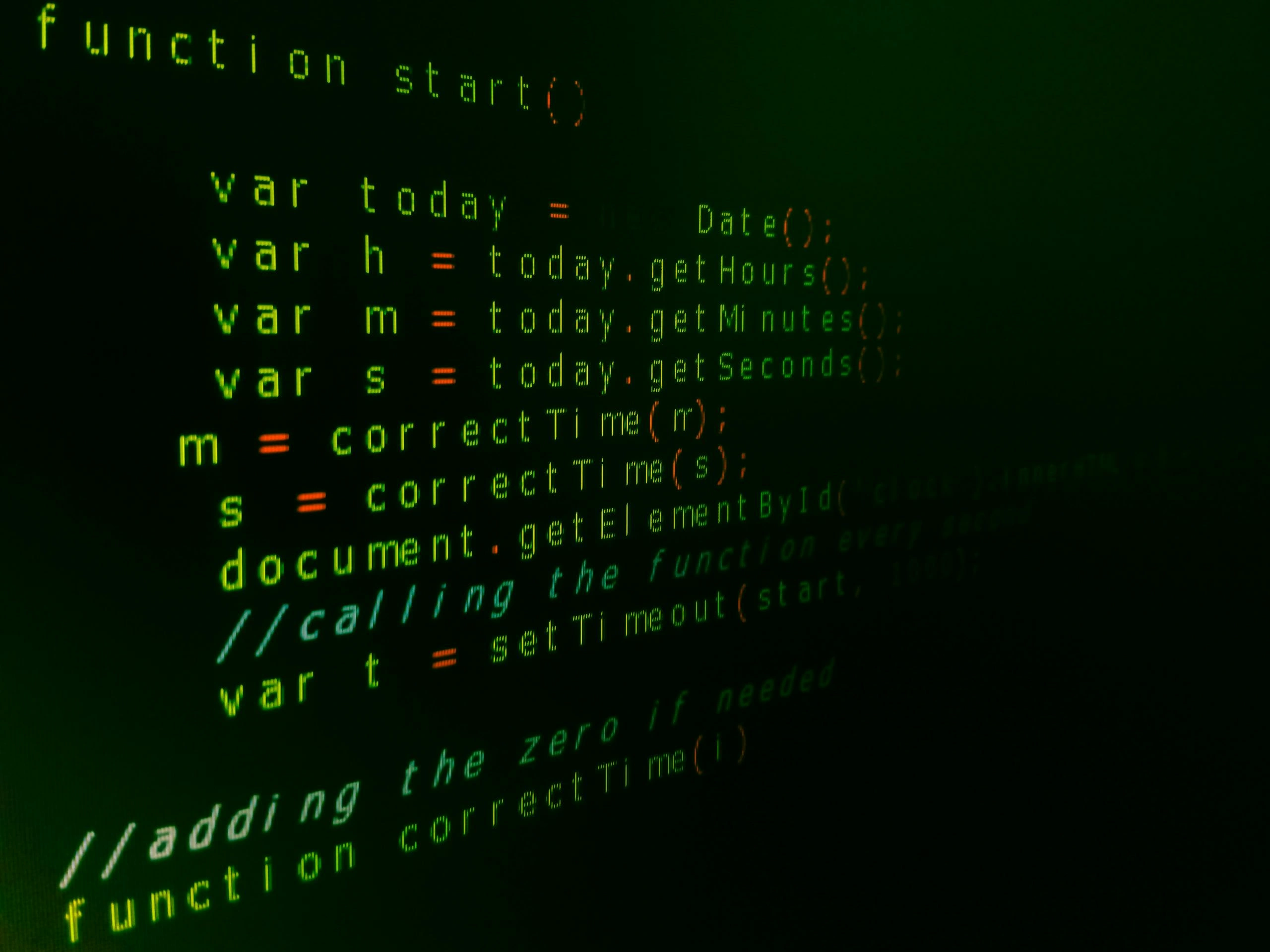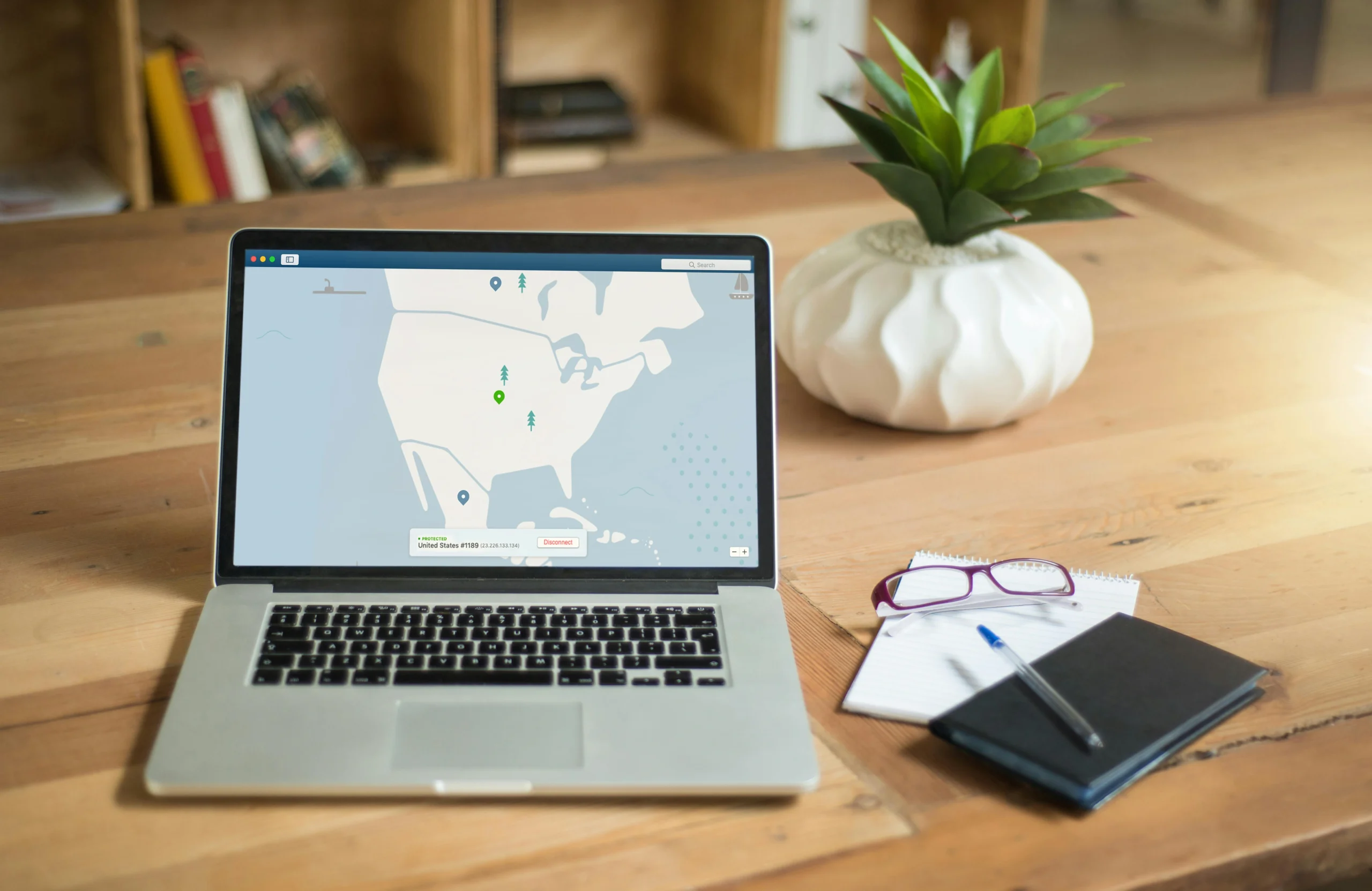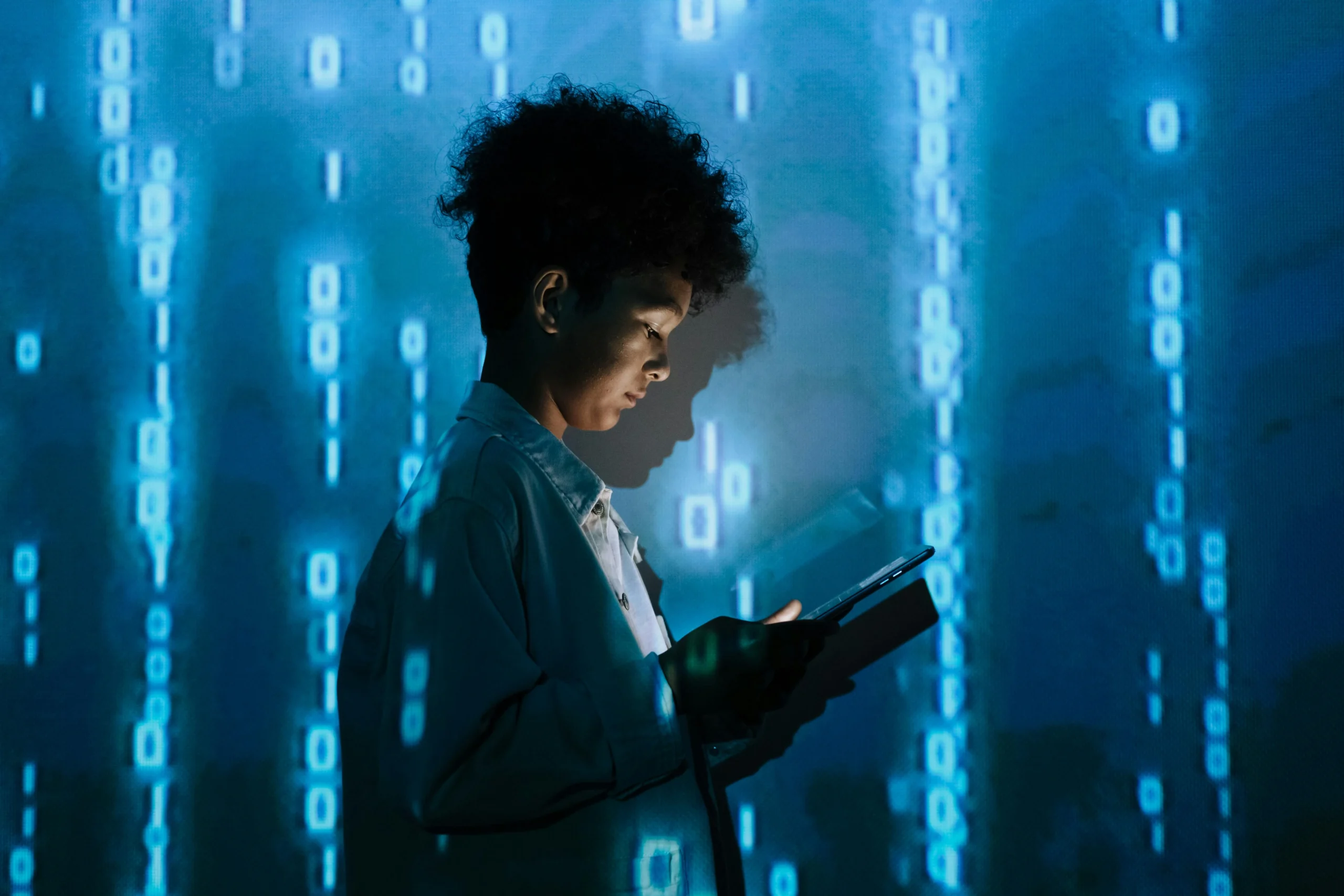The research introduces steerable scene generation, which leverages AI diffusion models guided by Monte Carlo tree search (MCTS) to sequentially build complex, physically plausible 3D environments such as kitchens and restaurants. Trained on over 44 million 3D rooms, the approach refines scenes to avoid common graphical glitches like object clipping, enhancing realism. This generates virtual spaces for simulating robot interactions with objects, overcoming the time-consuming and non-repeatable process of collecting real-world demonstration data.
The system’s flexibility allows users to input specific scene descriptions or objectives, which the AI fulfills with high accuracy, surpassing previous methods by at least 10%. Reinforcement learning further enables the model to optimize scene characteristics through trial-and-error, producing diverse scenarios beyond its training data. These virtual environments can simulate complex object arrangements crucial for developing robotic dexterity and manipulation skills.
While currently a proof of concept relying on a fixed asset library, future plans include generating entirely novel objects and incorporating interactive articulated objects such as cabinets or jars. Integrating internet-derived real-world objects and leveraging prior work in realistic scene replication aim to enhance scene diversity and fidelity. This technology promises to facilitate scalable, efficient training datasets for robots, potentially accelerating their real-world deployment. Experts praise the framework’s ability to guarantee physical feasibility and generate unique task-relevant scenes at scale, marking a significant advancement in robotic training simulation.
👉 Pročitaj original: MIT AI News
